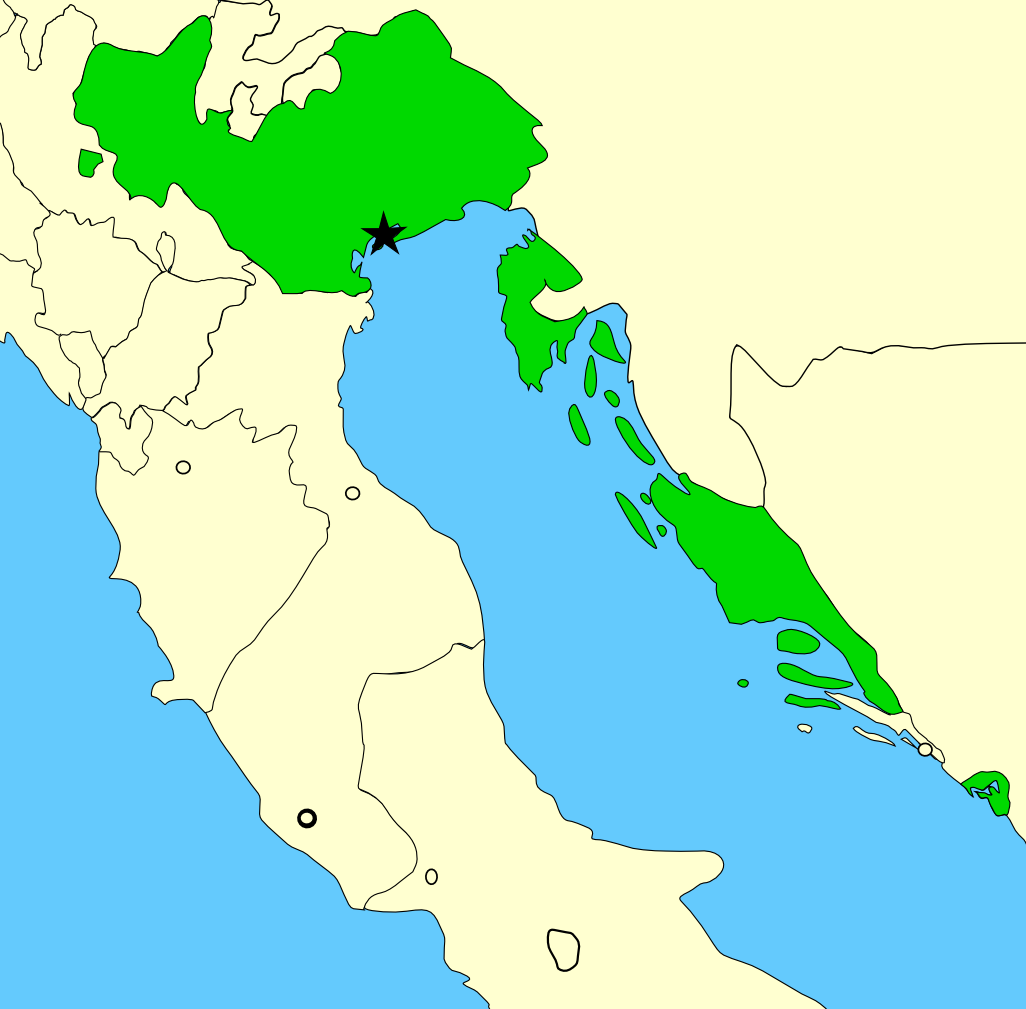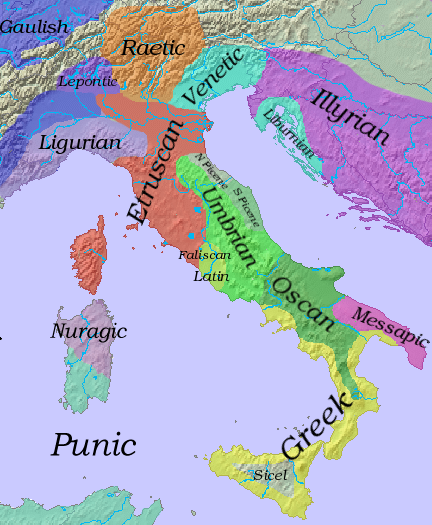 Historically speaking, while usually placed in as part of Lombardia, the province of Brescia is also sometimes considered part of the greater Veneto. I think first we need to look at Brescia as what it is, an ancient province. It was on the edge of Etruscan civilization, as well as a province of Celtic civilization, Rome, the Kingdom of the Lombards, the Venetian Republic, and many others. However, in an Italian context, it seems to be Lombardo-Venetian. Brescia, Bergamo, and part of Cremona were indeed part of the Venetian Rebublic or La Serenissima for several key centuries of it's millenium long existence.
Historically speaking, while usually placed in as part of Lombardia, the province of Brescia is also sometimes considered part of the greater Veneto. I think first we need to look at Brescia as what it is, an ancient province. It was on the edge of Etruscan civilization, as well as a province of Celtic civilization, Rome, the Kingdom of the Lombards, the Venetian Republic, and many others. However, in an Italian context, it seems to be Lombardo-Venetian. Brescia, Bergamo, and part of Cremona were indeed part of the Venetian Rebublic or La Serenissima for several key centuries of it's millenium long existence.The "Tri-Veneto" region is made up of former regions of what is usually considered "Venetian" in a modern cultural sense: the Veneto, Friuli, and Venezia Giulia. To me, "Venetian" in the English language could mean anything culturally Venetian. Not just the city or province of Venice. The fourth flank would be "Eastern Lombardy." Therefore, at it's height, the Venetian Republic held a somewhat sizable portion of Northern Italy. Altogether we can see it on the map above. The Republic also comprised of the Dalmation coast on the eastern Adriatic, and parts of Greece, including Crete. Those were basically outposts, and not culturally Venetian I don't think.
Three Italian political parties, in recent decades, reflect this "Venetian Nation" concept:
1) Liga Veneta - Formed in 1978, it splintered off in 1998, with most of the original Liga Veneta becoming the Veneto flank of Northern League (Lega Nord).
2) Liga Veneta Repubblica - Formed in 1998 from the splinter group of Liga Veneta, it has become a strongly "Venetist" party, which now promotes total independence for the Veneto.
3) Venetian National Party (Partito Naxional Veneto) - Founded in 2007 from a splinter group of Liga Veneta Repubblica, this party is a "Venetist" independentist political party active in Veneto and Friuli-Venezia Giulia. The party seeks independence for a Venetian Nation made up of ALL of the historical regions of the Venetian Republic, including Brescia.
It should be pointed out that the Venetian National Party is the political arm of "Venetians in Movement," a group which is a "Venetist' independentist cross-party political movement which aims to promote independence regardless of individual political positions such as left or right, in a democratic and nonviolent way. The movement demands independence for the so-called Venetia, a country that would be composed of all the territories of the historical Republic of Venice, covering the current Veneto, Friuli-Venezia Giulia, some Provinces of Lombardy (Brescia, Bergamo, Cremona and Mantova), a portion of Trentino.
The Venetian National Party is intriguing to me, but I prefer the Northern League concept, which would facilitate this sub-nation concept within a greater Padania. Italy was a region of "nations" until it was forced together as part of a political power play. The only difference is that Italians don't go to war against each other like the Yugoslavians have done. However, it's the same concept. "Nations" forming into one can be achieved in a colony, but not nearly as easily as in a region of base cultures. In America, people assimilated in the past. However, in artificial administrative regions, they just lump cultures together in an administrative region and say "you are one."
 It has been said that "a nation exists in the mind, not on a map." When Poland was swallowed up by other administrative governments (non-Polish), the "Polish Nation" still existed. When Lombardia and the Veneto was ruled by the Austrian Hapburgs, it didn't make them "Austrian." Ticino is not culturally German because some long ago Germanic King built a fence there. They remain culturally Lombardian. "Kurdistan" exists, even though they are oppressed by several other nations now.
It has been said that "a nation exists in the mind, not on a map." When Poland was swallowed up by other administrative governments (non-Polish), the "Polish Nation" still existed. When Lombardia and the Veneto was ruled by the Austrian Hapburgs, it didn't make them "Austrian." Ticino is not culturally German because some long ago Germanic King built a fence there. They remain culturally Lombardian. "Kurdistan" exists, even though they are oppressed by several other nations now.There is a little alley in Brescia called "San Marco di Brescia." San Marco was the patron saint of the Venetian Republic and symbolized on it's flag. To me "San Marco di Brescia" resonates with such meaning. To the left, a linguistic-cultural map from the 6th century BC, which shows the homeland of the ancient "Venets."
**************************************************
Related links of interest:
Liga Veneta
Liga Veneta Repubblica
Venetian National Party
Venetian Republic
Venetism
Venetic Language
